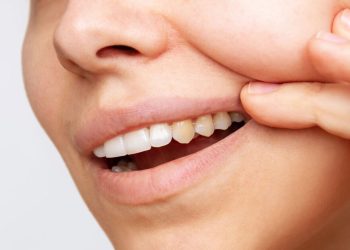An expert has suggested that short bursts of exercise, lasting less than a minute, could be beneficial for those who find it difficult to maintain regular workout routines. These intense bouts, dubbed “exercise snacks”, are particularly recommended for individuals who lead sedentary lifestyles, such as those battling obesity or chronic diseases.
Bruno Gualano, an associate professor at the Centre of Lifestyle Medicine at the University of Sao Paulo, Brazil, suggests activities like stair climbing or brief cycling sessions, separated by hours-long intervals. The NHS advises adults to engage in 150 minutes of moderate-intensity exercise weekly, or 75 minutes of vigorous activity.
The World Health Organisation (WHO) also recommends a minimum of 150 minutes of moderate activity, but encourages adults to increase this to 300 minutes for additional health benefits. However, during his presentation at the International Congress on Obesity in Sao Paulo, Mr Gualano acknowledged that many people struggle to meet these targets and proposed that short bursts could counteract the detrimental effects of a sedentary lifestyle.
“To mitigate the negative impacts of prolonged sitting, ‘exercise snacks’ are proposed as a practical alternative,” he added. “These are brief, intense bursts of activity (one minute or less), which can be more time-efficient than traditional exercise regimes.”
He highlighted that numerous studies have demonstrated benefits for cardiorespiratory fitness and vascular health from these short bursts of activity.
“For instance, hourly stair-based exercise snacks improved vascular health in a trial with healthy males, while another study demonstrated their feasibility and benefits for people who are overweight or living with obesity,” he added. “However, many people may struggle to implement exercise snacks owing to practical reasons, such as bus drivers or people who have physical disabilities and/or low exercise capacity, such as older individuals.”
Mr Gualano highlighted the potential advantages of incorporating “exercise snacks” into daily routines, noting improvements in metabolic health and reduced sedentary time. “These benefits may be achieved even with unstructured, very light activities, which do not fit exactly in the category of exercise snacks,” he explained.
He pointed out that this approach could be easily adopted in various settings, including at home or in the office, since it doesn’t require any special equipment or devices.
Emphasising the need for more research to fully understand the long-term effects and safety of these short bursts of activity, Mr Gualano concluded: “The take-home message is that these strategies should be personalised.”










Be First to Comment